



How are biomarkers shaping Alzheimer’s disease, and what’s next?
In this episode of Visionary Voices, Dr Anthony Caggiano, Chief Medical Officer at Cognition Therapeutics, joins us to explore how biomarkers are transforming our understanding of Alzheimer’s disease, from diagnosis and disease progression to drug development and the future of clinical care.
Amyotrophic Lateral Sclerosis: A Review of Aetiopathogenetic Insights
In this article, the authors explore the complex molecular mechanisms underlying amyotrophic lateral sclerosis (ALS), highlighting the roles of genetic heterogeneity, protein homeostasis disruption, RNA metabolism disorders, and other cellular stressors in disease progression.
Experiences of lecanemab in a clinical setting: An interview with Dr Andy Liu #ADPD2025
In this Q&A, Dr Andy Liu, Associate Professor of Neurology at Duke University School of Medicine, discusses his presentation on the clinical use of lecanemab in Alzheimer’s disease. Drawing on real-world experience and findings from the 2022 CLARITY AD study, Dr Liu explores the treatment’s benefits, challenges in daily practice and the importance of patient-centred care in this evolving therapeutic landscape.
Shaping the future of MS care with Dr Bardia Nourbakhsh: touchNEUROLOGY Future Leader 2025
As part of touchNEUROLOGY’s Future Leaders 2025 series, and in collaboration with International Forum on Mood and Anxiety Disorders (IFMAD) 2025 rising star award, Dr Laure shares the key experiences, mentors and emerging treatment strategies that shape her evolving career. Her contributions to the Group for the Study of Resistant Depression (GSRD), combined with award-winning clinical work, mark her as one to watch in the field of psychiatry and psychotherapy.
01. How are biomarkers shaping Alzheimer’s disease, and what’s next?
02. Amyotrophic Lateral Sclerosis: A Review of Aetiopathogenetic Insights
03. Experiences of lecanemab in a clinical setting: An interview with Dr Andy Liu #ADPD2025
04. Shaping the future of MS care with Dr Bardia Nourbakhsh: touchNEUROLOGY Future Leader 2025
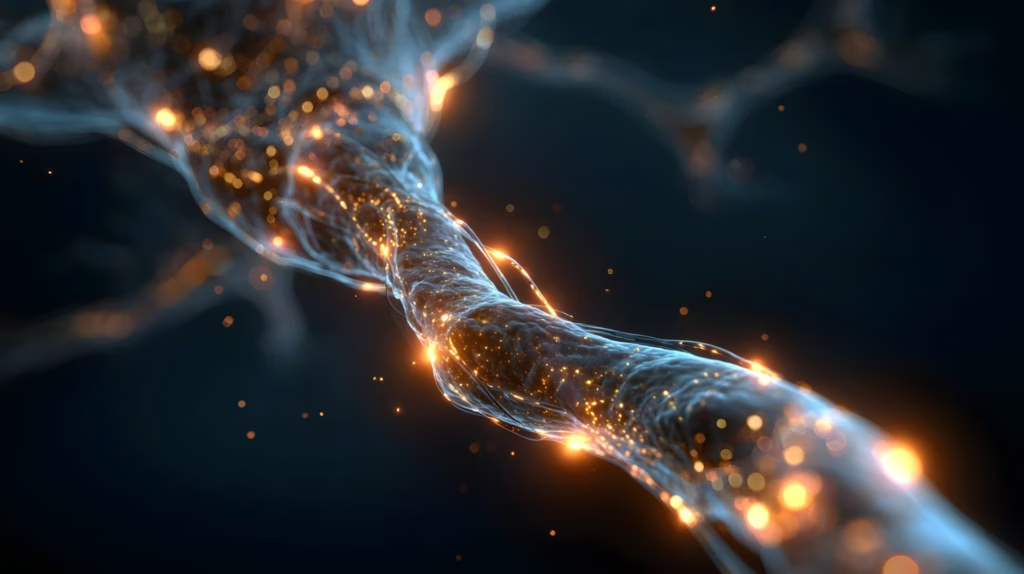
Epilepsy affects approximately 1% of the global population, with one-third of patients remaining refractory to medical therapy.1 Drug-resistant epilepsy (DRE), defined as the failure of two appropriately chosen antiseizure medications (ASMs) to achieve seizure freedom, poses significant risks, including injury and ...

Physician burnout is at a critical point. In this episode, Nicky speaks with Dr Alfred Atanda about why so many physicians are burning out and what can be done to change the trend. From personal experience to system-wide solutions, Dr Atanda shares valuable insights on improving physician well-being and building a more effective healthcare culture.

In this episode of Visionary Voices, Dr Anthony Caggiano, Chief Medical Officer at Cognition Therapeutics, joins us to explore how biomarkers are transforming our understanding of Alzheimer’s disease, from diagnosis and disease progression to drug development and the future of clinical care.
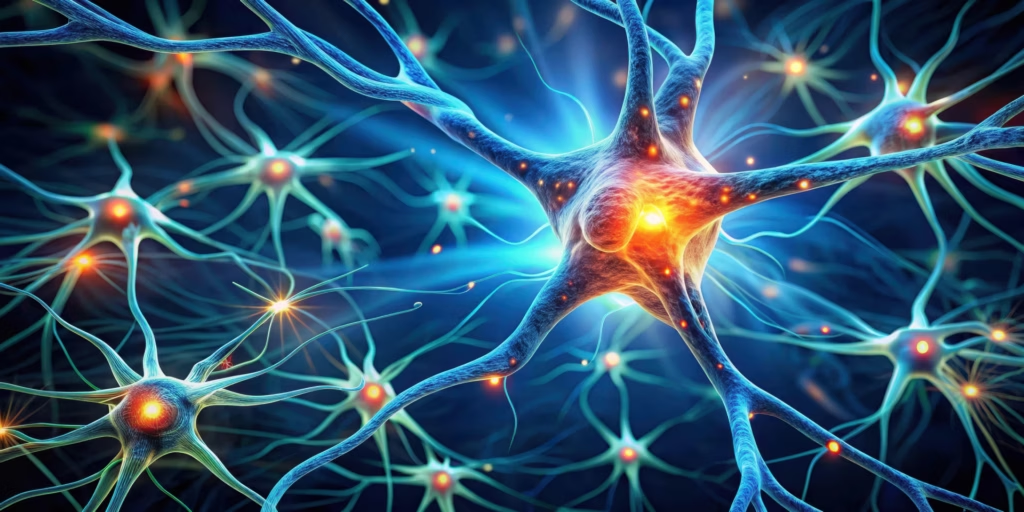
Amyotrophic lateral sclerosis (ALS) is a neurodegenerative disorder of upper and lower motor neurons that results in progressive motor impairment. ALS is the most common disease of motor neurons with an annual incidence of approximately 1.7–2.5 per 100,000 people. It is a ...

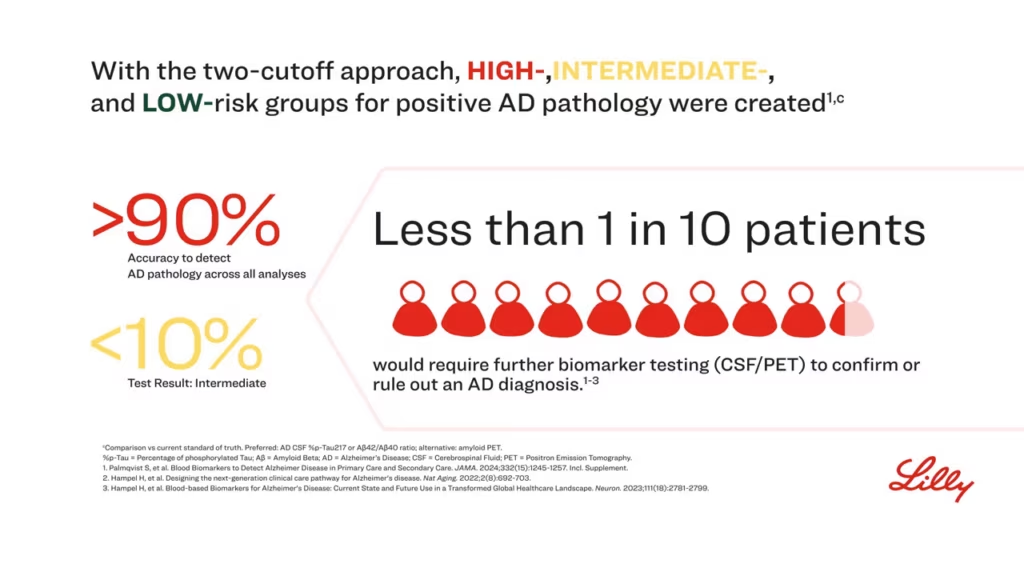
Watch leading experts discuss evolving fluid biomarkers for AD and assess current blood biomarkers for diagnosing AD in the clinic.
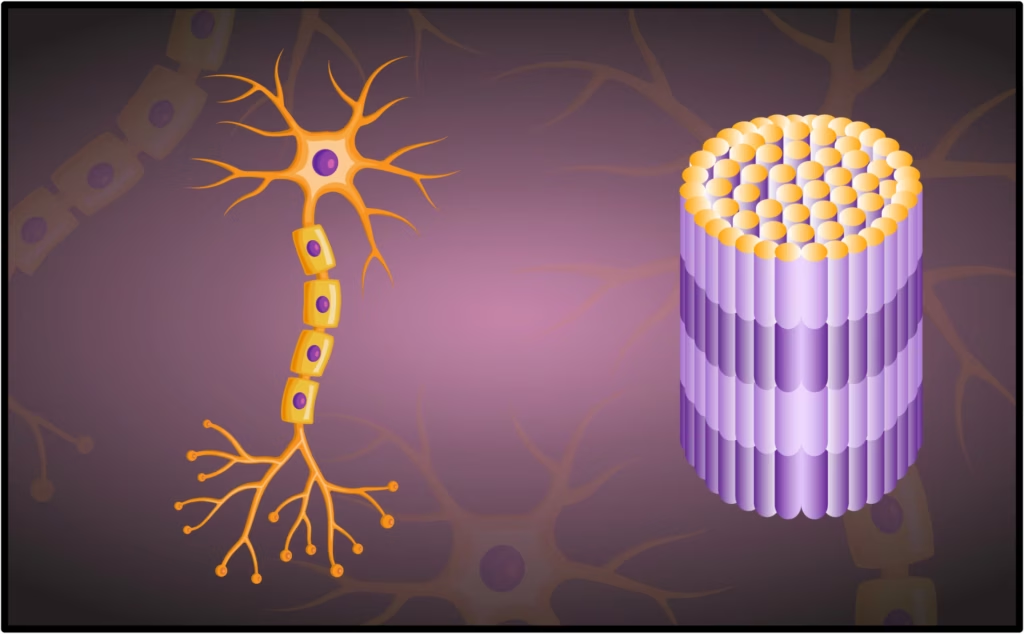
Watch leading experts discuss the use of neurofilament levels as a potential marker in ALS and SMA.

Want to be featured in touchReviews in Neurology?
Share your knowledge, influence clinical practices and enhance patient care in Neurology today!
- Peer-reviewed, free-to-access
- Accepting reviews, research and editorials
- No article processing fees
- Digital features and plain language summaries
- Multichannel content distribution for maximum visibility

In this episode, we explore the future of continuing medical education (CME) with the team behind touchIME. Hannah Fisher and Matthew Goodwin share insights into global and US trends, the importance of patient inclusivity and how educational outcomes are evolving to better measure the direct impact of learning on clinical practice and patient care.
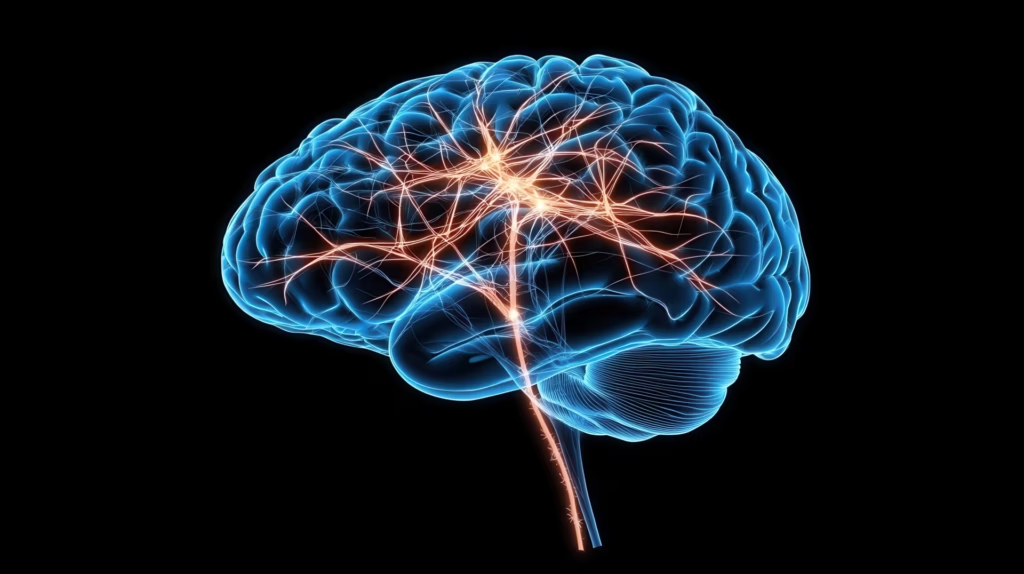
Amyotrophic lateral sclerosis (ALS) is characterized by the degeneration of both upper and lower motor neurons, which ultimately leads to muscle weakness, atrophy, spasticity and contractures.1 ALS typically manifests in the 50–60 years age range, although familial cases may present in ...
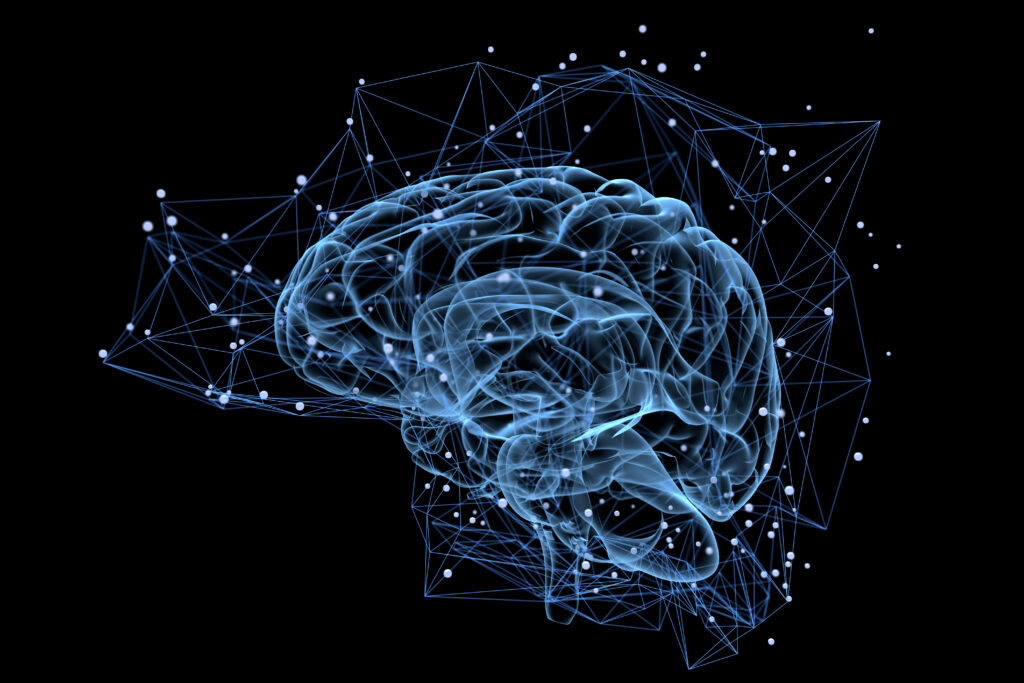
The prevalence of unruptured intracranial aneurysms (IAs) is approximately 3% of the population, with incidence on the rise due to the increased utilization of neuro-imaging for diverse objectives.1,2 The average risk of rupture for unruptured IA is estimated to vary from 0.3% ...

Seizures are one of the most frequent neurological disorders in neonates − the incidence of seizures in infants born at term is 1–3 per 1,000 live births, and is even higher in both preterm and very-low-birth-weight infants at 1–13 per 1,000 live births.1 Seizures may ...
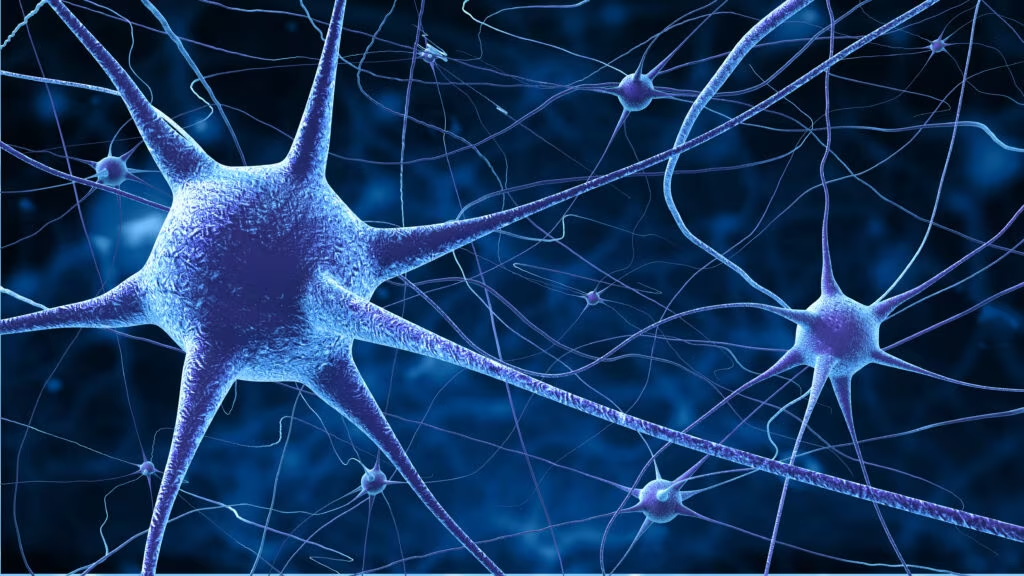
Chronic inflammatory demyelinating polyradiculoneuropathy (CIDP) is a rare, autoimmune neurological disorder in which peripheral nerve demyelination typically results in weakness, impaired limb sensation, fatigue and pain.1–4 CIDP may adversely affect activities of daily living, with a substantial impact on functional ...
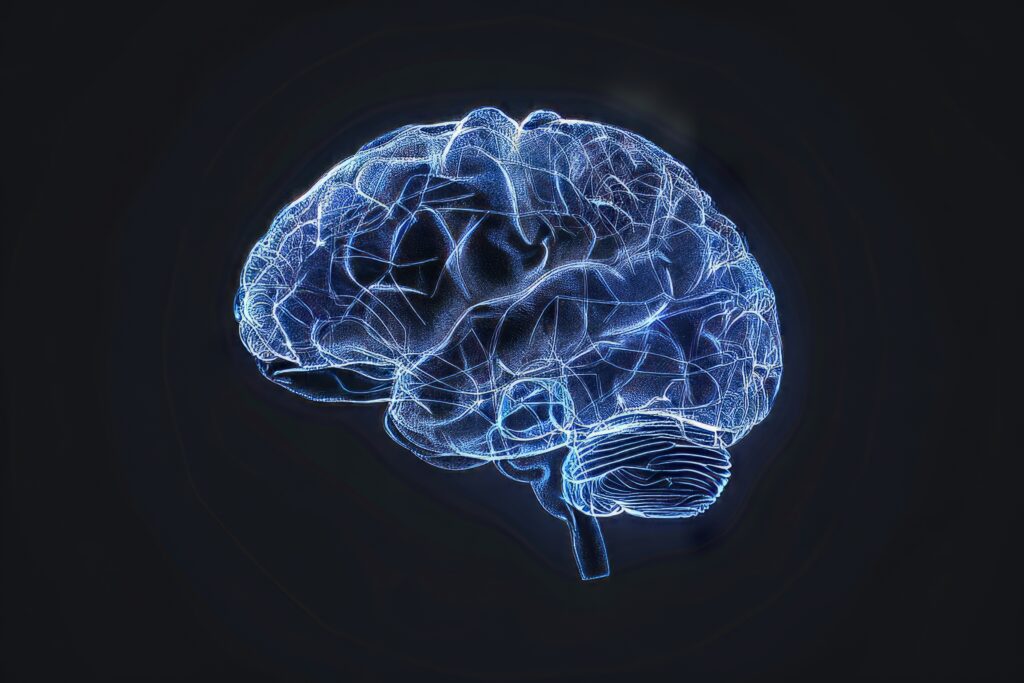
Huntington’s disease (HD) is a neurodegenerative disease inherited in an autosomal dominant manner. It is caused by an expansion of cytosine, adenine, guanine (CAG) repeats within the huntingtin (HTT) gene, which is located on chromosome 4. This pathological expansion of ...
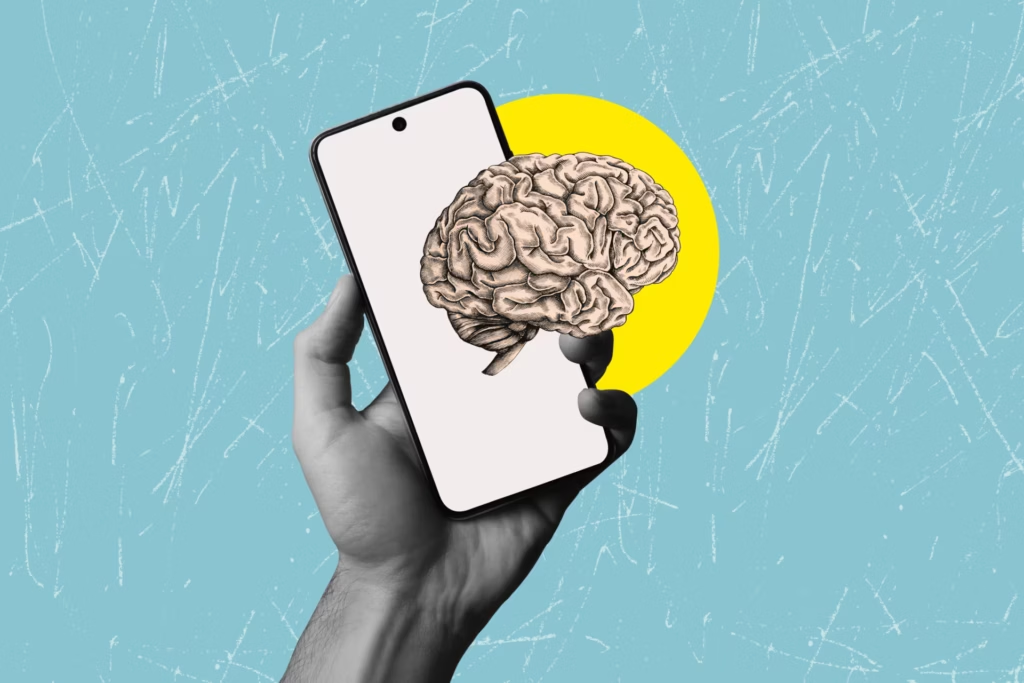
In this episode, we’re joined by Bradley Love, Professor of Cognitive and Decision Sciences at UCL, ELLIS fellow, and creator of BrainGPT. We discuss how this large language model is poised to assist researchers in advancing their work.
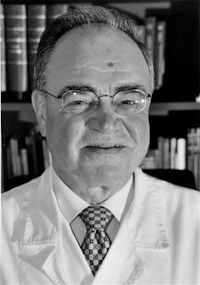
Welcome to this issue of touchREVIEWS in Neurology, where we explore significant advances in neurology, cognitive health, and wearable technology in the management of various chronic conditions. This issue brings together a collection of expert perspectives and research that spans ...
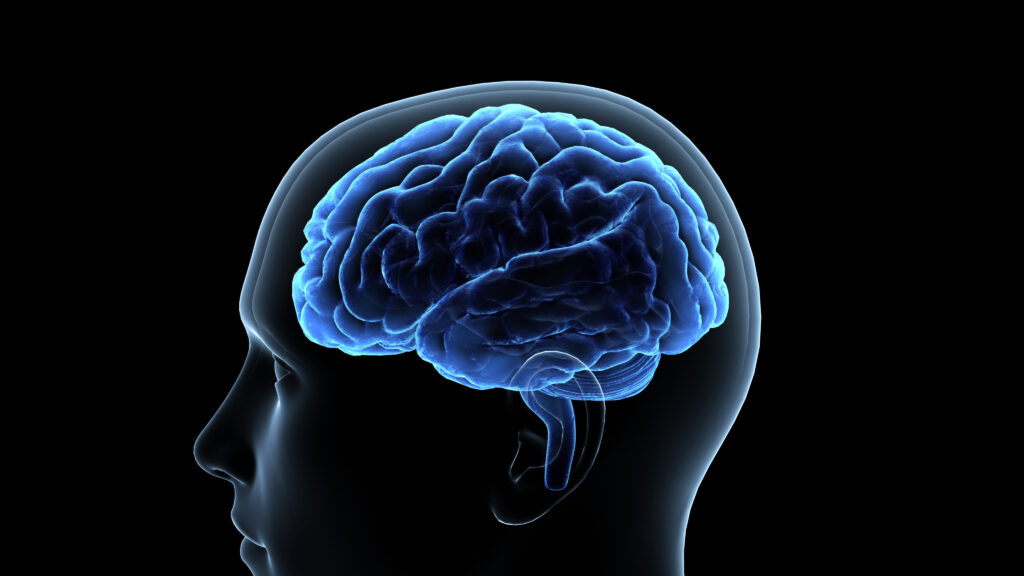
Cognitive impairment is the hallmark symptom of Alzheimer’s disease (AD); however, neuropsychiatric symptoms (NPS), including psychosis, agitation and mood disturbances, are common not only in AD but also in Parkinson’s disease, dementia with Lewy bodies, frontotemporal dementia and ...
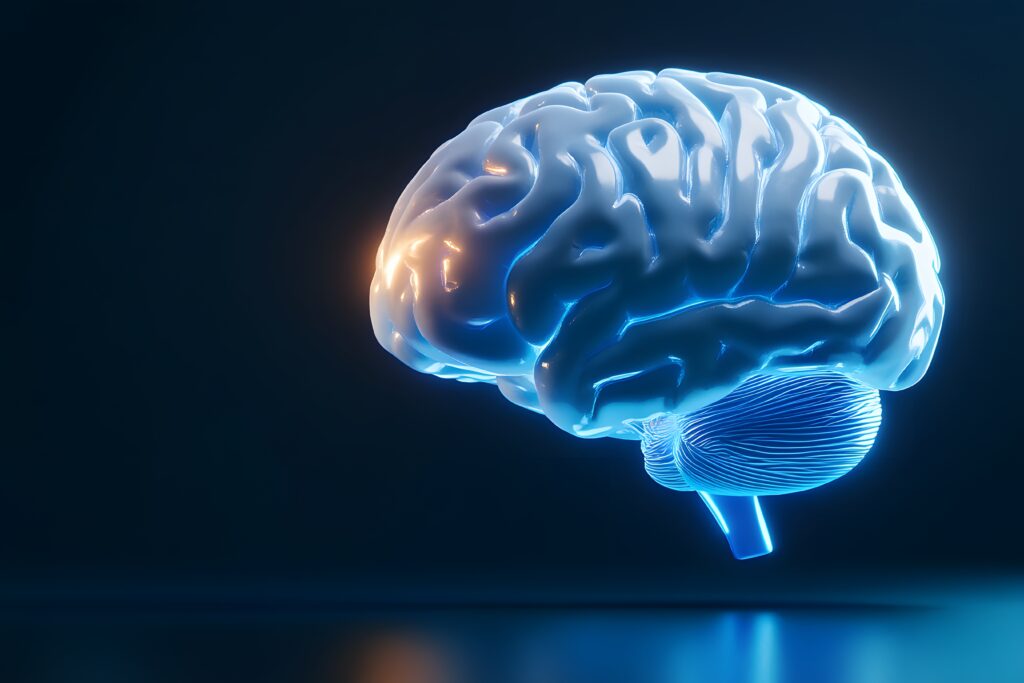
Diabetic striatopathy (DS) is a rare hyperglycaemic condition associated with one or both of the following criteria: (1) acute-onset chorea–ballism (random, flowing and nonsuppressible involuntary movements) and (2) striatal hyperdensity on computed tomography (CT) scan or T1-weighted magnetic resonance imaging (...
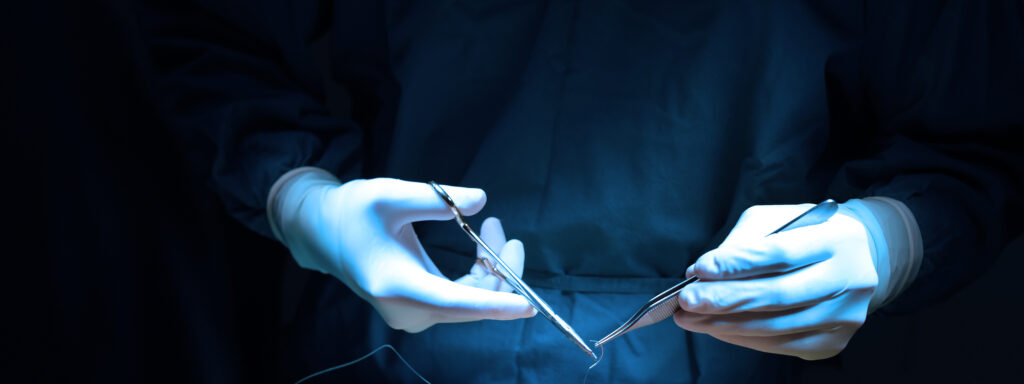
Article highlights Multiple screening tests are available to screen patients for cognitive impairment, and the Confusion Assessment Method is a helpful test to screen for delirium in the immediate postoperative period. Medicine reconciliation and identification and removal of potentially inappropriate ...

Parkinson’s disease (PD) is a complex neurodegenerative condition that predominantly affects older people, with a rising prevalence worldwide.1,2 There are many on-going challenges and unmet needs in PD: difficulties in making an accurate diagnosis (particularly in the early stages ...
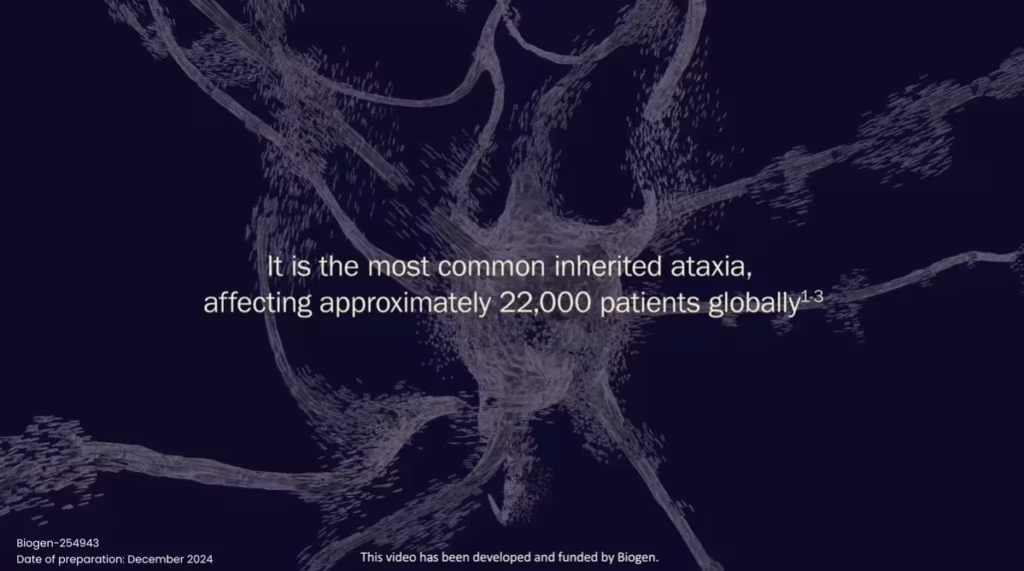
Watch a leading expert discuss the key signs and symptoms of Friedreich ataxia and how to avoid diagnostic delays.
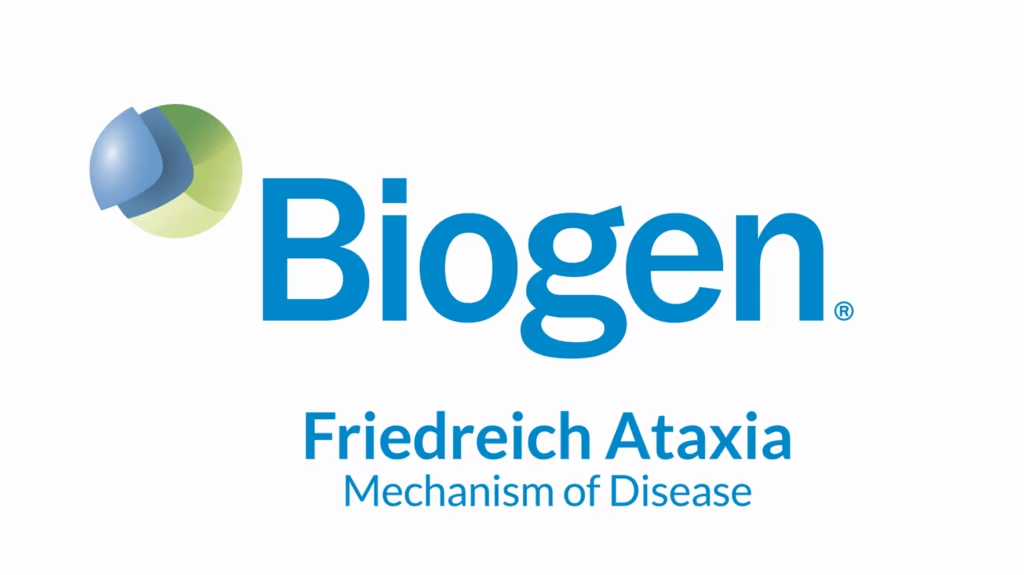
Watch this short video animation to learn how genetic mutations in patients with Friedreich ataxia (FA) translate into clinical symptoms.
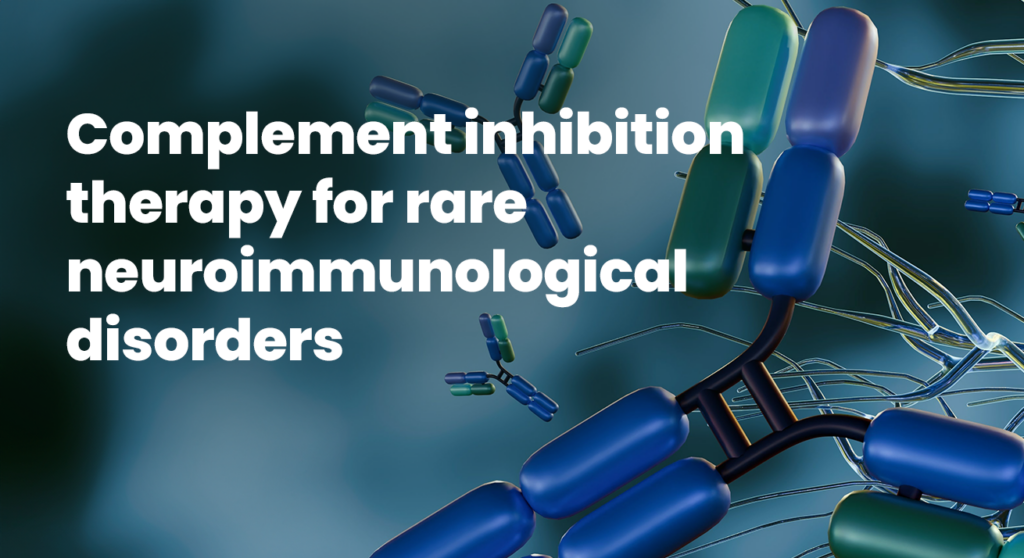
This content is sponsored by Alexion, AstraZeneca Rare Disease.
Leading experts discuss clinical evidence and real-world experience with complement inhibition therapy in the rare autoimmune disorders AChR-Ab+ gMG and AQP4-Ab+ NMOSD.
AQP4-Ab+, anti-aquaporin-4 antibody-positive
gMG, generalised myasthenia gravis
NMOSD, neuromyelitis optica spectrum disorder
M/GL/UNB-g/0030 02/2025 Date of Preparation: February 2025
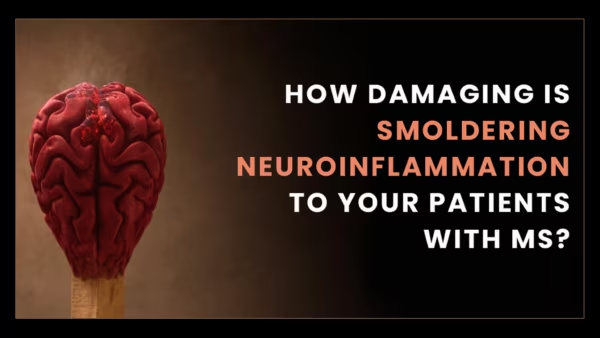
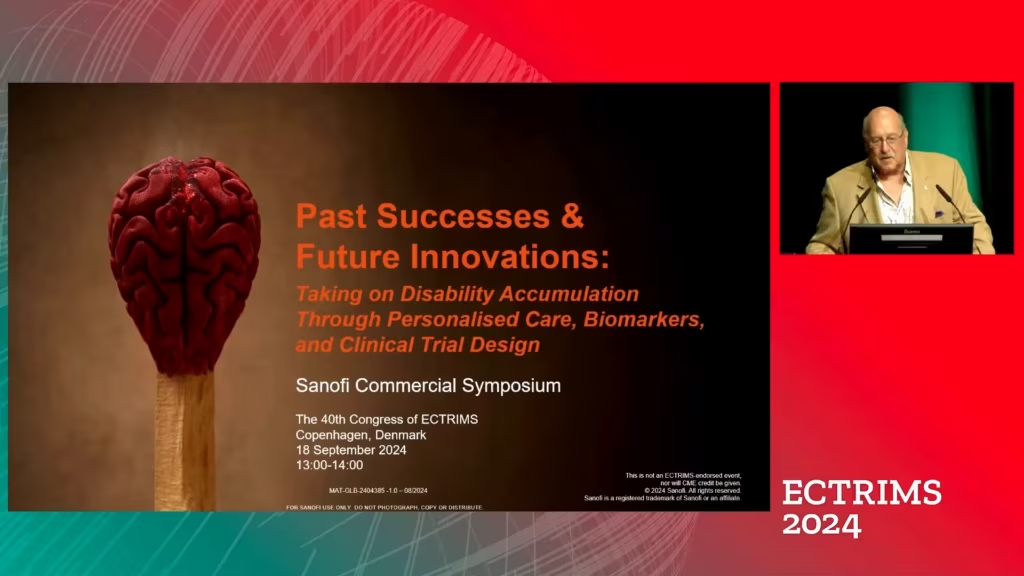
Sanofi at ECTRIMS 2024. Join MS experts as they examine disability accumulation through the lens of personalised care, biomarkers, and clinical trial design. Hear their perspectives on the complexities of balancing improved relapse management with the ongoing challenge of disability accumulation.
Editorial Board
Introducing the Editorial Board of touchREVIEWS in Neurology, who support our mission to advance medical knowledge and practice by ensuring the integrity, relevance, and impact of the content we publish. Together, we strive to foster a vibrant academic community and contribute to the continuous improvement of healthcare worldwide.
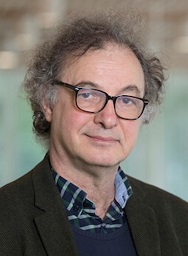
Cris Constantinescu
Cherry Hill, NJ, USA
Multiple sclerosis

Cris Constantinescu
Editor-in-Chief
Attending Neurologist at Cooper University Hospital, Cooper Neurological Institute, Cherry Hill, NJ, USA, Professor of Neurology at Cooper Medical School of Rowan University, Camden, NJ, USA, and Emeritus Professor of Neurology in the Academic Unit of Mental Health and Clinical Neurosciences at the University of Nottingham, Nottingham, UK
Biography
Prof. Cris S Constantinescu is the co-Editor-in-Chief of touchREVIEWS in Neurology. Cris Constantinescu is Attending Neurologist at Cooper University Hospital, Cooper Neurological Institute, Cherry Hill, NJ, USA, Professor of Neurology at Cooper Medical School of Rowan University, Camden, NJ, USA, and Emeritus Professor of Neurology in the Academic Unit of Mental Health and Clinical Neurosciences at the University of Nottingham, Nottingham, UK. He graduated with an MD from Boston University School of Medicine, USA, in 1988. As a recipient of the physician-scientist award from the National Institutes of Health, USA, he completed a PhD in immunology at the University of Pennsylvania in 1998. He has completed an internship and a residency in neurology and fellowships in neuroimmunology and neurorehabilitation. He was appointed honorary consultant neurologist and senior lecturer in neurology at the University of Nottingham 2000–2001. In 2004, he was appointed Professor of Neurology and Chair in Neurology at the University of Nottingham, a post he held until 2021. He has authored or co-authored over 200 articles in international journals. His research interests are immune regulation in inflammatory diseases of the nervous system, in particular multiple sclerosis, neuroimaging, clinical trials and cognitive neurology. He is currently involved in the care of numerous patients with neuroimmunological and neurodegenerative diseases.

Said Beydoun
Editor-in-Chief
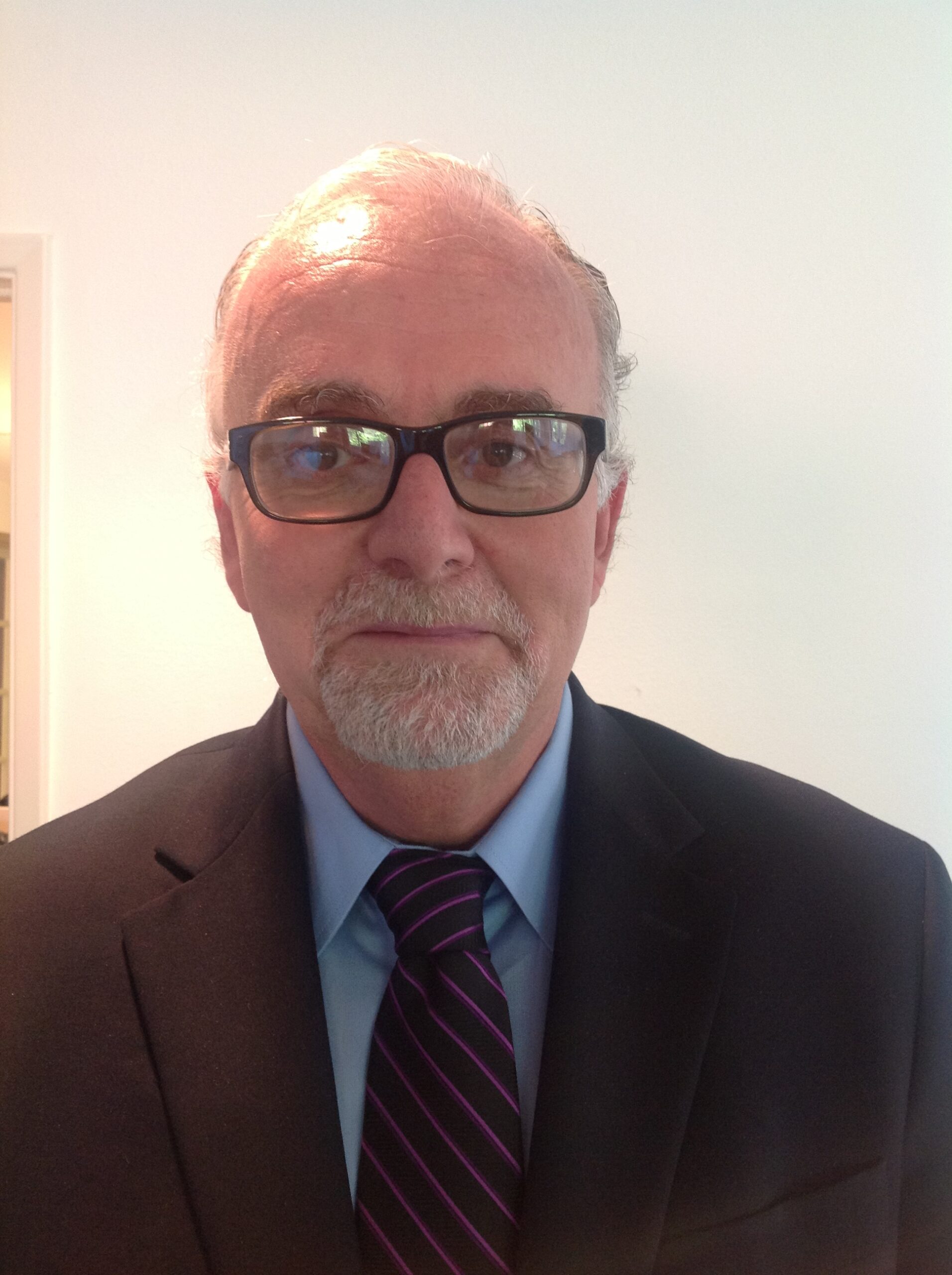
Said Beydoun
Los Angeles, CA, USA
Neuromuscular diseases

Said Beydoun
Editor-in-Chief
Professor and Division Chief for Neuromuscular Medicine at the Department of Neurology at Keck School of Medicine, University of Southern California (USC), Los Angeles, CA, USA
Biography
Said R Beydoun, MD, FAAN, is Professor and Division Chief for Neuromuscular Medicine at the Department of Neurology at Keck School of Medicine, University of Southern California (USC). He is Program Director of the Clinical Neurophysiology Fellowship. As a principal investigator, Dr Beydoun has participated in multiple research clinical trials. His clinical and research areas of expertise in the field of neuromuscular medicine include amyotrophic lateral sclerosis (ALS), myasthenia gravis, peripheral neuropathy (including chronic inflammatory demyelinating polyneuropathy), multifocal motor neuropathy and transthyretin-related amyloid neuropathy. He has published in several scientific journals on topics related to neuromuscular diseases and is co-Editor-in-Chief of touchREVIEWS in Neurology. He is an elected fellow of the American Academy of Neurology and a fellow of the American Association of Neuromuscular and Electrodiagnostic Medicine; a member of the medical/scientific advisory board of the Myasthenia Gravis Foundation of America; Medical Director of the Certified ALS Treatment Center of Excellence at Keck USC; and holds board certification by the American Board of Psychiatry and Neurology in neurology, clinical neurophysiology, neuromuscular medicine and pain medicine.
Cris Constantinescu
Editor-in-Chief


K. Ray Chaudhuri
Section editor
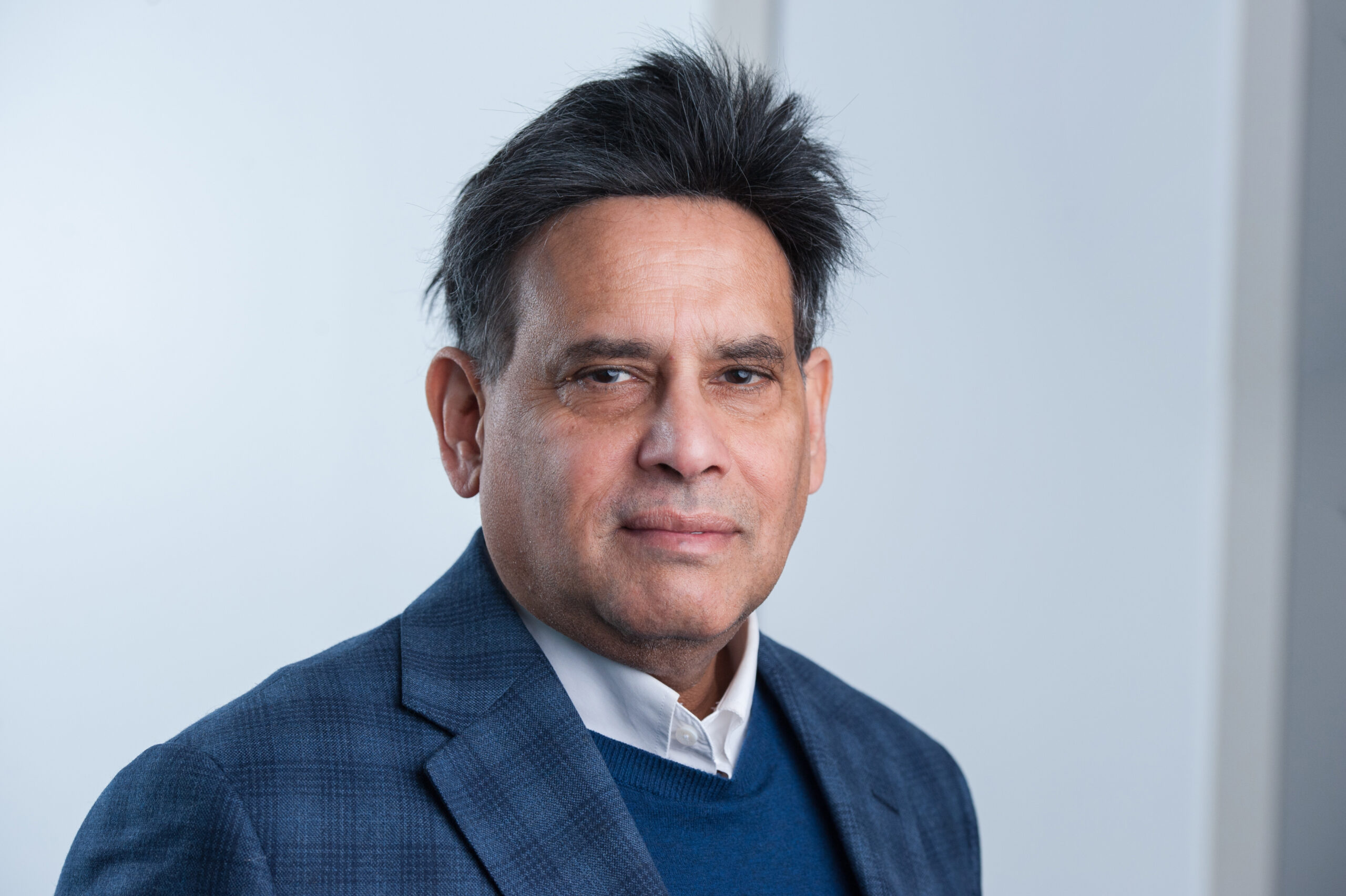
K. Ray Chaudhuri
London, UK
Movement disorders

K. Ray Chaudhuri
Section editor
Professor of Neurology/Movement Disorders at King’s College Hospital and King’s College London and Director of the Parkinson Foundation International Centre of Excellence at King’s College London, UK
Biography
Prof. K. Ray Chaudhuri is Professor of Neurology/Movement Disorders at King’s College Hospital and King’s College London and Director of the Parkinson Foundation International Centre of Excellence at King’s College. He is Chairman of the Industry Engagement Committee, and Co Chair Task force of the Parkinson Wellness committee of the Movement Disorders Society (MDS and Ex Chair Membership and Public Relations Committee of the Movement Disorders Society (MDS), was a member of the MDS Congress Scientific Programme Committee (2013-2017) and is Founder and Ex Chairman and current steering group member of the MDS Non-Motor Parkinson’s Disease Study Group and a member of the MDS-ES Education committee and Evidence Based Medicine committee (Nonmotor symptoms). He was the founder -Editor-in-Chief of the njp Parkinson’s Disease (2020 impact factor >8), Guest Editor for special editions of Frontiers in Neurology and Journal of Parkinson’s Disease, reviewer for all mainstream movement disorders journals as well as JAMA, Neurology, Annals of Neurology, BMJ, Brain, Lancet, and Journal of Neurology, Neurosurgery, and Psychiatry. He serves as an advisor (MHRA health technology and scientific advisor) to the UK National Institute for Health and Care Excellence, NHS England, General Medical Council as well as Parkinson’s UK and Parkinson’s Europe.
Prof. Chaudhuri is the author of over 500 articles, co-editor of 5 books on Parkinson’s disease and restless legs syndrome, and winner of the British Medical Association Book Awards commendation in 2015 and 2017. He is also the recipient of 2018 Jay Van Andel Award Outstanding Achievement in Parkinson’s Disease Research (pioneering holistic assessments and non-motor subtypes), as well as National Institute for Health Research/Royal College of Physicians award for outstanding research leadership in 2017. He was elected honorary member of the Movement Disorders Society in 2021, Honorary Professor Brasov University, Honorary Professor SRM University, India and received the UK NHS Gold merit award in 2021 for excellence in research and clinical service. In 2023 he was featured as “role model” in British Medical Journal. He has been a guest lecturer worldwide, including in Japan, China, Taiwan, Vietnam, Thailand, Singapore, Australia, India, Africa, the US, Russia, and Europe. In 2022/2023 he is ranked fourth in the world for Parkinson’s publications/expertise and expertise since 2014 and no 1 in the UK (expertscape: Parkinson’s disease). In 2024, an independent review in Frontiers journal by LI et al rated KRC as the one with most publications globally in nonmotor Parkinson’s since 2013 (Li et al , DOI 10.3389/fnagi.2024.1335550). In 2024 Prof. Chaudhuri will inaugurate the Kings Parkinson Charity dedicated to research to promote day to day care for People with Parkinson and their carers in conjunction with Sir Nicholas Mostyn, founder of the BBC endorsed Movers and Shakers expert patients group.
Said Beydoun
Editor-in-Chief

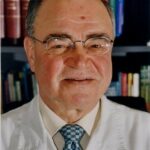
Leontino Battistin
Editorial Board Member

Leontino Battistin
Padova, Italy
Neurodegenerative Diseases

Leontino Battistin
Editorial Board Member
Professor of Neurology, University of Padova, Italy
Biography
Born in Fiume (actually Rijeka, Croatia) in 1939, graduated in Medicine at the University of Padova Medical School in 1963; Specialist in Neurology in 1967. During the years 1967-1970 he was Research Fellow at the Institute for Neurochemistry, Columbia University, New York, USA.
Full Professor of Neurology from 1980 and then Director of the Department of Neurosciences of the Medical School of the University of Padova till 2009. He was the Founder and Scientific Director of the Research Hospital for Neurorehabilitation, IRCCS San Camillo, Venice, from 2005 to 2014.
He has been member of the Executive Council of the Italian Society of Neurology and the President of the Italian Society for Parkinson’s Disease; he was a member of the Executive Committee on Extrapyramidal Disorders, chaired by Melvin Yahr, and after by Donald Calne, and of the one on Dementia of the World Federation of Neurology and, in 2009, Chairman of the Research Group for Organization and Delivery of Neurological Services; he has been elected at the WCN in London Vice-President for Europe of the World Federation of Neurology for the years 2001-2005; also, he has been the President of the European Society for Clinical Neuropharmacology during the years 2000-2008; he is a member of numerous International Scientific Societies, and Fellow of the American Academy of Neurology. He has been also a member of the Editorial Board of international journals of neuroscience and clinical neurology.
He has organized various International Congresses and Symposia on specific themes of neuroscience; he was the President of the 11th World Congress on Parkinson’s Disease that was held for the first time in Italy, Rome, in 1994, and President of the 2nd World Congress on Neurorehabilitation held in Venice, in 2002, when the World Federation on Neurorehabilitation was founded; also, he has been the Honorary President of the XXV World Congress of Neurology held in Rome, Italy, in October 2021.
He has published more than 300 papers in various international and national journals and edited ten volumes on specific arguments of neurology; his main scientific interests have always been cerebral metabolism and function especially in degenerative diseases of the nervous system, like Parkinson’s and Alzheimer’s disease, as well as in cerebrovascular diseases and in neurorehabilitation.
K. Ray Chaudhuri
Section editor


Cris Constantinescu
Editor-in-Chief

 touchNEUROLOGY
touchNEUROLOGY
Register Now!
Explore the latest in medical education and stay current in your field. Create a free account to track your learning.
- Save your progress for video
- Keep track of your CME credits
- Add personalised learning notes
- Receive updates from course leaders and faculty
- Be the first to hear about new and exciting interactive learning opportunities
Latest articles videos and clinical updates - straight to your inbox
Log into your Touch Account
Earn and track your CME credits on the go, save articles for later, and follow the latest congress coverage.
Register now for FREE Access
Register for free to hear about the latest expert-led education, peer-reviewed articles, conference highlights, and innovative CME activities.
Sign up with an Email
Or use a Social Account.
This Functionality is for
Members Only
Explore the latest in medical education and stay current in your field. Create a free account to track your learning.

